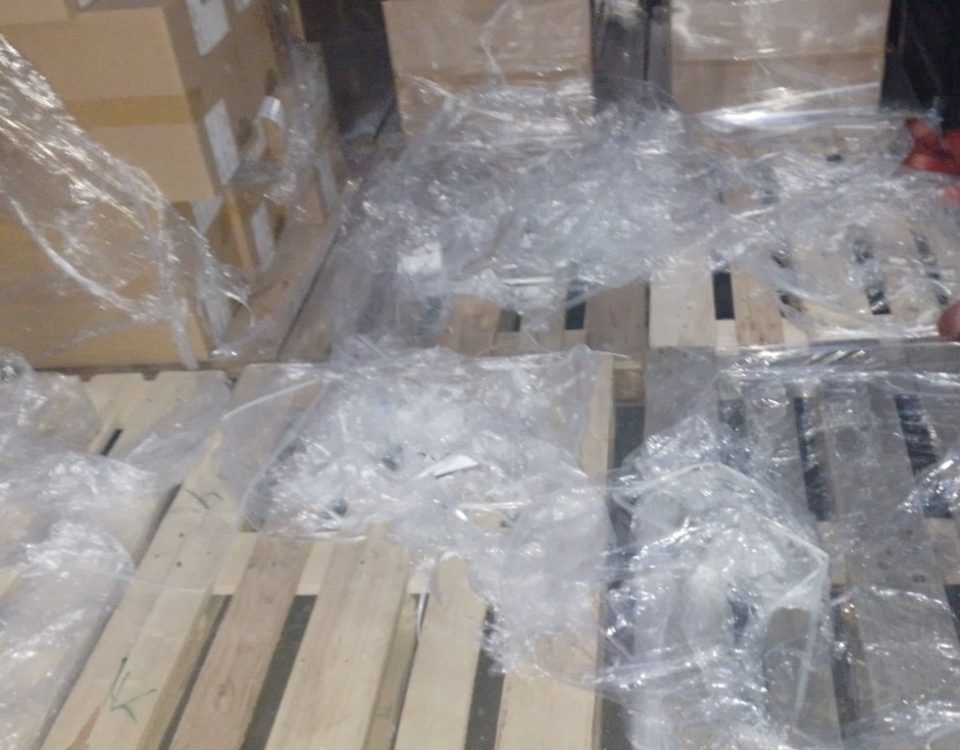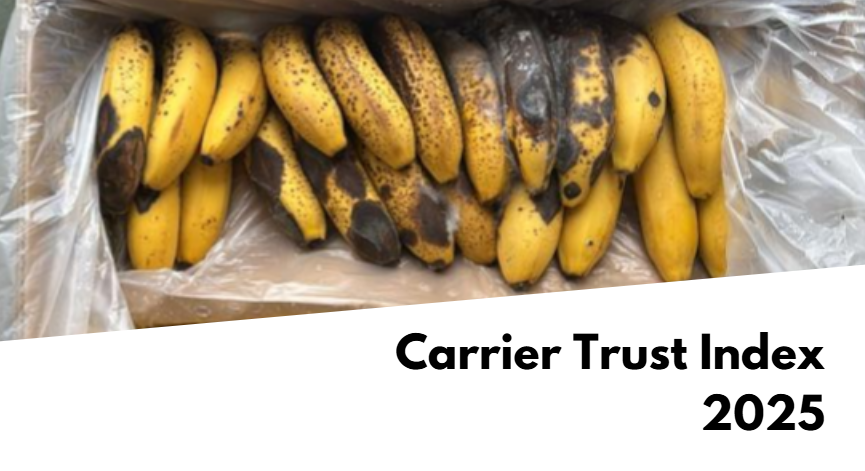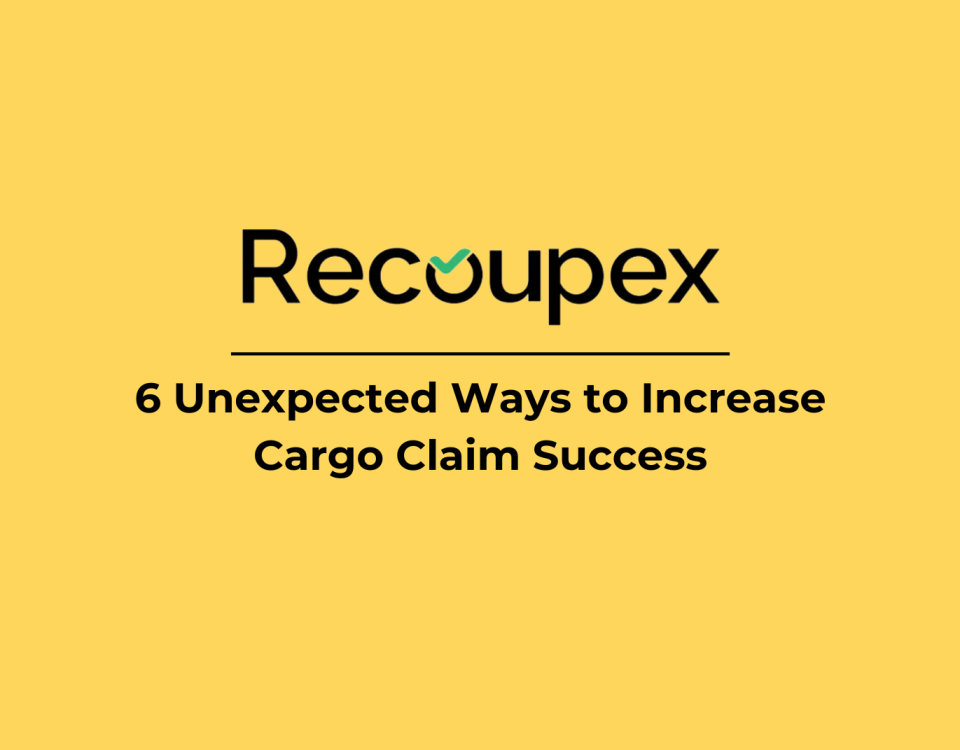Ultimate Cargo Claim Negotiation Checklist for Exporters

Why Indian Exporters Should Outsource Cargo Claims Resolution
May 16, 2025
6 Steps to Take When You Discover Cargo Damage
June 20, 2025When negotiating cargo claims with shipping lines, exporters face a unique set of challenges. Whether it’s recovering physical damage, loss, or delay, settling claims often involves a game of industry knowledge, legal knowledge, strategy, and persistence.
This checklist is designed to help exporters sharpen their approach, build stronger cases, and ultimately secure better outcomes when negotiating with carriers.
-
Prepare a Negotiation Cheat Sheet
Before initiating the claim conversation with the carrier, think like a judge: What would he see as potential weaknesses in your claim? What evidence do you have? Can you prove your statements with facts? Prepare documents and arguments to anticipate carrier objections.
-
Get Out Ahead of Negative Perceptions
Carriers often assume exporters misunderstand liability limits or documentation procedures. Acknowledge this upfront to disarm defensiveness.
Saying something like “provided cargo precooling, loading report, and harvest certificate, evidence that fruit was in sound condition before loading”. Use this technique to carrier claim handlers’ perceptions early on.
-
Don’t Try to Close Too Quickly
Rushing to a demand can backfire. Claims are often a multi-phase process—evidence gathering, backing it up with knowledge damage happened when the cargo was in the carrier’s custody, the carrier is liable and then moving to the settlement discussion. Follow up in a constructive matter, providing clarification promptly. Avoid being emotional or stating empty facts without the evidence to avoid rushed rejections.
-
Know How to Make “No” Work for You
Premature settlement offer is unknown practice for shipping lines. Expect to receive rejection first. It is part of the process. Once you receive the carrier’s rejection you address it with evidence to prove they are wrong.
-
Learn the Distinction Between Value and Price
A settlement involves money—but also timelines, and legal limitations. Carriers may agree faster if alternatives are proposed. Consider: ‘Would a buyer’s credit note work instead of a salvage invoice etc?’ or ‘Can this be settled faster if I do not claim freight and reconditioning costs recovery?’
-
Follow up properly
Structure communication with the carrier’s claim handler in a constructive manner, be factual, and respectful. Avoid rumbling and emotions. Use calibrated questions to uncover decision-making structure: ‘Who usually approves cargo claim settlements like this?’
Conclusion
Cargo claim negotiation isn’t a legal battle—it’s a communication strategy / amicable resolution. Exporters who approach claims with preparation and structure stand the best chance of recovery.
At Recoupex, we believe every genuine cargo claim has to be paid out by liable parties. Use this Guide as your blueprint to stand tall in negotiations—even if you’re going it alone.
And remember, we are on standby to give you a hand.



